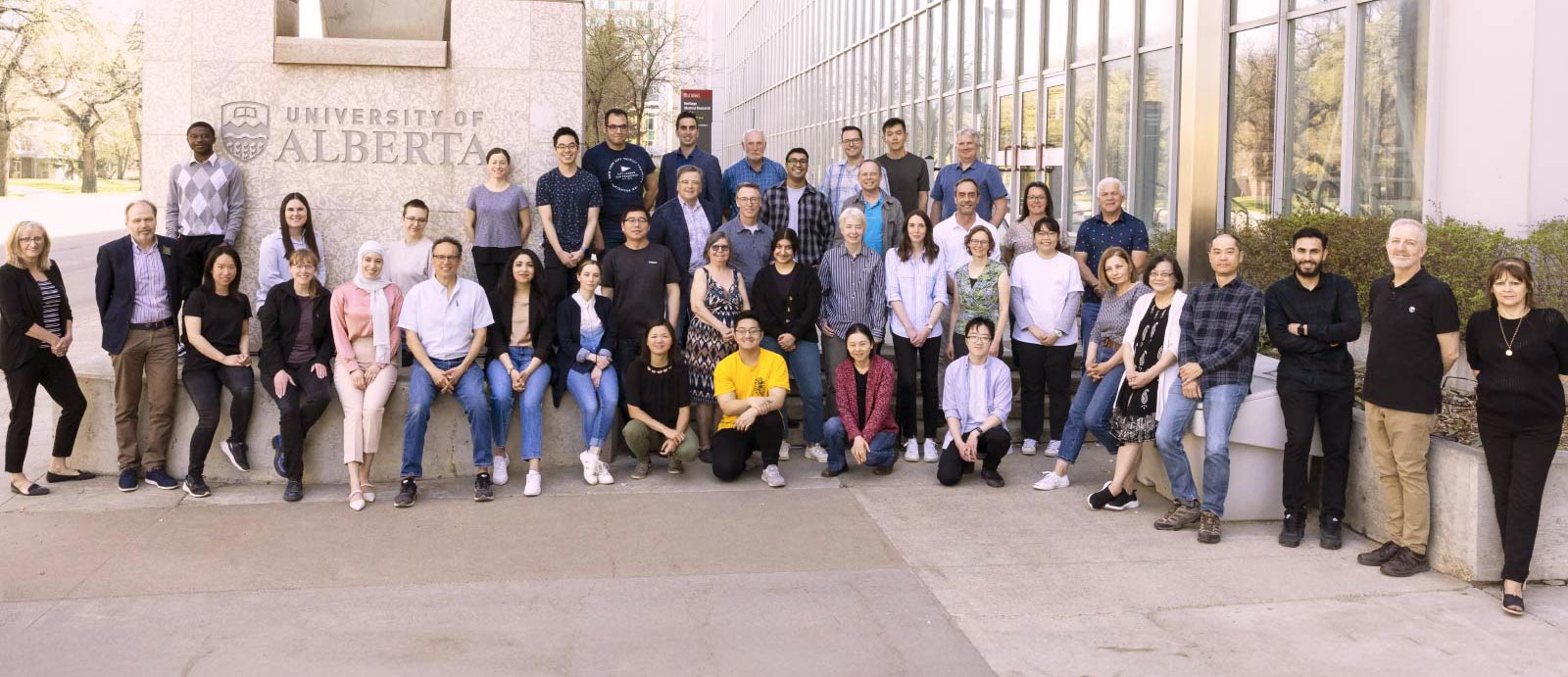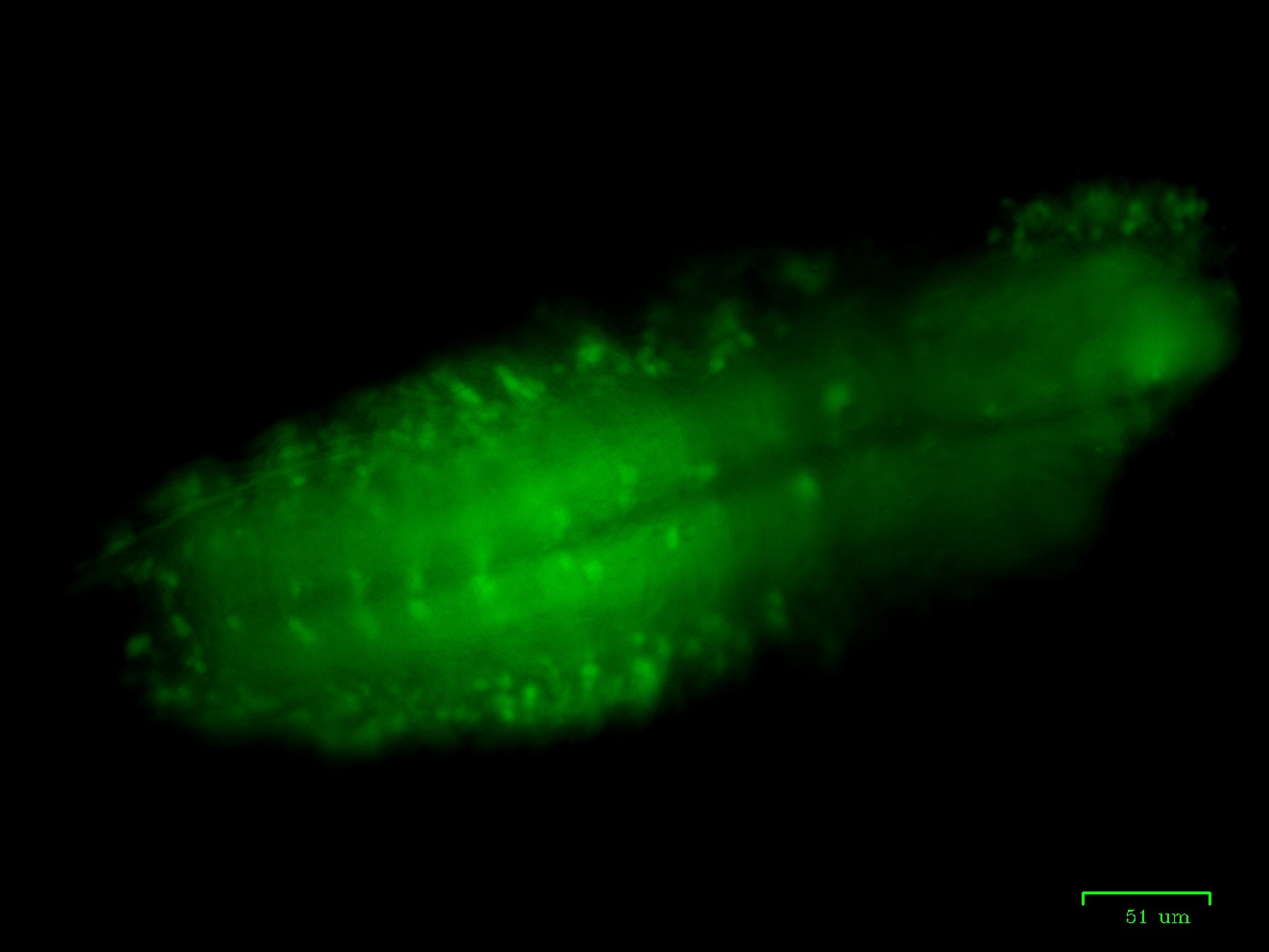Cell Biology


Globally acclaimed research in cellular biology
New advances in medicine require a precise understanding of the cell, the fundamental unit of the human body. The Department of Cell Biology delivers comprehensive BSc, MSc and PhD educational programs with a focus on training the next generation of scientists and related health professionals. These programs are integrated with a group of research laboratories led by internationally recognized scientists driving new insight into the causes and effects of human disease, and how these might be treated in the future.
Programs
Undergraduate Degree Program
The Department of Cell Biology, in conjunction with the Faculty of Science, offers a BSc Honors or Major in Cell Biology. The goal of modern cell biology is to establish a molecular understanding of cells exploiting techniques drawn from molecular biology, genetics, biochemistry, microscopy and biophysics.
Graduate Degree Programs
The Department of Cell Biology offers graduate programs leading to the MSc and PhD degrees in cell biology. It offers world-class training in areas like organelle biogenesis, virology, cancer, proteomics, and spinal cord injury. Students engage in independent research, seminars, and courses to develop skills in identifying important problems, critical analysis, and effective communication.
Undergraduate Research Opportunities
The Department of Cell Biology offers CELL 398/498/499 courses for undergraduate students interested in engaging with cutting edge cell biology research. Students can view different research opportunities and are encouraged to reach out to faculty as soon as possible.
-
Research Excellence
Cell Biology Associate Professor Dr. Qiumin Tan holds the Canada Research Chair II in Molecular Genetics of Human Disease.
-
Teaching Innovation
Cell Biology Associate Professor Dr. Paul LaPointe is the Director of Extended Reality for the Faculty of Medicine and Dentistry Learning Design Studio.
-
Student Engagement
The Cell Biology undergraduate and graduate students associations host a variety of events throughout the year, encouraging connectivity within the department.
Message from the Chair
Welcome! As one of the newest fundamental research Departments in the Faculty of Medicine and Dentistry, Cell Biology has grown steadily to a cohort of 20 faculty members (including our adjunct faculty) leading internationally recognized research laboratories. Our ongoing goal as a group includes leveraging the ‘state-of-the-art’ research taking place in these laboratories to train excellent undergraduate and graduate students for careers in research and related health fields. Join us as we use traditional techniques like biochemistry, physiology or genetics combined with new approaches like systems biology or advanced imaging to understand the fundamental unit of life, the cell, and how cellular defects cause human disease.
Dr. Andrew Simmonds
Professor and Chair

NEWS & EVENTS

Congratulations to Dr. Andrew Simmonds!
The Faculty of Medicine & Dentistry is pleased to share the reappointment of Dr. Andrew Simmonds as Chair of the Cell Biology Department for a second five-year term from Jan. 1, 2025 to Dec. 31, 2029.

Welcome To Cell Biology (The Video)
The Department of Cell Biology has a rich history of excellence in education and research. Watch this video to meet our faculty and students and explore the innovative programs and student experience that make our department exceptional.

Cell Biology Participates in Discovery Day 2024
On October 24, the Department of Cell Biology once again supported the Canadian Medical Hall of Fame Discovery Day by hosting an engaging Brain Discovery workshop. High school students from Edmonton and Red Deer areas explored the fascinating world of neuroscience by observing Drosophila larvae under the microscope. They had hands-on experience dissecting larval brains and capturing images of glowing nerve cells. Everyone had an exciting time learning about microscopy and brain development.

Fat in the brain could be key to new treatments for Parkinson’s disease, says researcher
Maria Ioannou is leading foundational research on understanding lipids in the brain that could reveal new targets for therapies to slow the progression of Parkinson’s disease.

Exploring genetic frontiers: An interview with Andrew Simmonds
Check out Dr. Andrew Simmonds' interview with Genome, where he has been appointed as Co-Editor-in-Chief! In this Q&A, Dr. Simmonds shares insights into his career journey, recent breakthroughs in his lab, and the challenges and rewards of an academic career. He also discusses the vital role of undergraduate students in scientific research and offers advice for those embarking on a career in cellular biology.